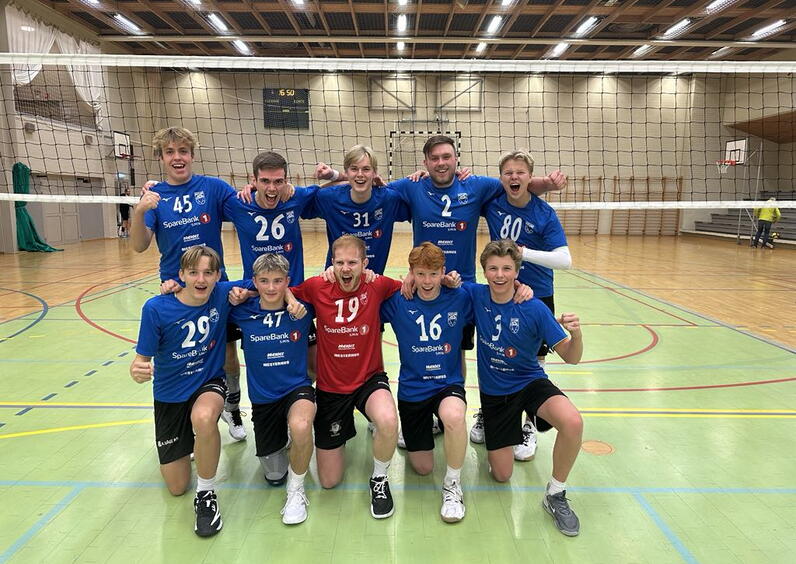Learn about the European Union, while visiting Austria
With the crisis of the Euro-zone countries, the European Union is in the headlines almost every day. But why was the European Union created in the first place, and how did it develop into the huge organization that it is today? What are the effects of EU membership for its member countries, and how important is the EU for Norway?
Questions like the ones above are just some on a long list, with answers to be given, found and invesitgated during the course The European union and Regional Development: theories and practice.
In this course students learn about EU policies and relevant theories, especially in the fields of regional development, farming, environment, and integration theories. In addition to the theoretical background, case studies are used to illustrate how these theories are applied within the framework of policies of the European Union. We are discussing relevant current issues like the finance crisis of the Monetary Union and EU enlargement, and there will be special focus on the implications of the discussed EU policies for Norway.
Study the effects of the EU in Austria

Photo: Internet / Burgenland, destination for the studytrip
To get a better understanding of what EU membership means for a member country, we will have an excursion to Austria. There we will travel to the capital Vienna and to the province of Burgenland, which has gotten substantial regional development funding from the EU, to learn about success stories, but also about challenges connected to EU membership. The excursion also includes a short trip to neighboring Hungary.
Dr. Nathalie Homlong from the Department of Planning and Administration holds the course, and in addition to students from this department the course is also open to international students, journalism students and interested students from any other study program. Students can choose between a 10- and 15-credit version of the course. The course is held in English, but the written assignments can also be done in Norwegian.
If you have questions, do not hesitate to contact Nathalie at nh@hivolda.no!




